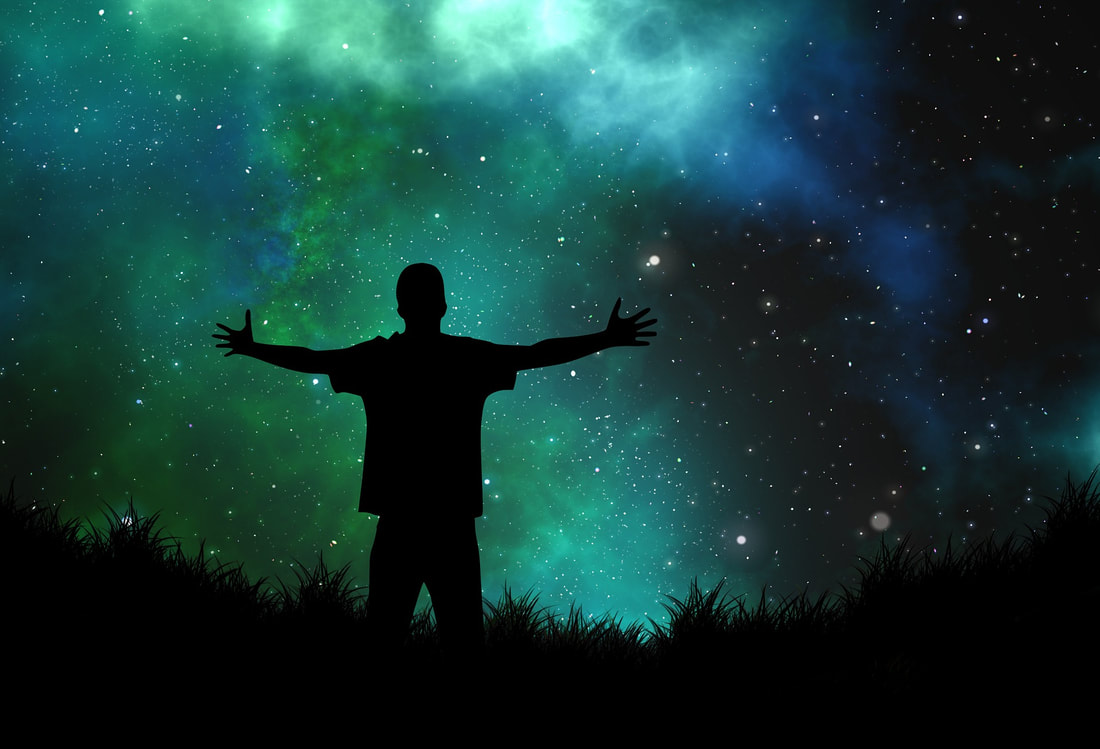Perhaps one of the greatest problems the atheist worldview faces is the issue of the natural versus the unnatural. All of their subjective basis for morality and action (epicurianism, survival, or whatever they select) is based on nature. Nature causes us to feel pain, and pain is a feeling most would choose to abstain from. Likewise, pleasure is a feeling that humans tend to enjoy, so pleasure is generally accepted as a good thing. Morality, for the atheist, is based upon these natural things. This may not seem like an outright problem, but considering that evolution of our species is defined as a change over time, one begins to see that what is valued or valuable today may not be the standards and morality of tomorrow.
So what the atheists have represented in their morality is merely an agreement as to what those in power - those with physical or numerical might - decide. The minority is then subjugated and forced to adhere to society’s rules. Since the majority of people don’t like pain, don’t like infringement on their “rights,” and desire to survive, morality and goodness are defined as those things which comport with these notions. At this the atheist may reply that the perpetuation of the species proves their position's correctness. Just as a hurricane or a fire loses force as its fuel dies out, so it would be with the human race if we were to embrace suicidal or masochistic tendencies. We must define morality as most do now.
Atheists seem to presume here that carbon molecules which exist in such a way as to compose a human being are of more value than if they were to compose charcoal. But why assume this? What value does consciousness have that unconsciousness doesn’t? We may be able to comprehend the heat death that awaits the universe, but how is that more valuable than exhibiting nature in a different form? Nature is nature. Atheists are assuming their own value and tend to imply that there is some purpose in the universe which dictates such laws to govern humanity, and not humanity declaring and dictating what it feels. Even this act of declaring our own value is not an observation, but rather the course of a natural, mechanistic universe running its course. We are merely molecules set on a course to do whatever it is that we do – all of it natural – nothing better than another.
To close this section, I would like to provide an analogy I believe is very insightful in highlighting the atheist’s lack of a foundation here. Suppose we all came to the conclusion that gravity existed, since every time I saw an object dropped, it fell. As our understanding grew, we realized that the more mass an object contained, the more gravity it had. As a result of this knowledge, we concluded that since gravity exists, and since larger masses exert more gravity, it is therefore better to desire to have more mass (the American culture is well on it’s way to morality!).
The above example is preposterous, but it’s exactly what the atheists do when they claim that objective morality exists in a naturalistic, materialistic world. They make value judgements despite science's lack of ability to do such. They observe that beings who pursue and value survival have a strong desire and will to survive. But from such an observation, the most they can do is say that “to survive, one should do X.” But atheists go far beyond that by saying that not only do we observe survival and know what is conducive to survival, we should all value it so much so, that we prevent others from doing whatever it is that they please. Atheists often respond to Christian morality by claiming God is a tyrant, yet we see the same is true of atheists. They impose their definition of morality on others. While on Christianity, a benevolent God rules over his creation which he knows how to best fulfill, on atheism, self-interested individuals form majorities which impose their wills and preferences on the minority for the purpose of self-gratification.
Atheists have no legitimate grounds for morality based in their belief in nature. Morality merely becomes a social construct – a convenient fiction for the majority in power. While atheism may be true, and it may be the way the world really works, the realization of this fickle "morality" tears away at the daily frivolousness of it all. My mind lies to me so that I pursue survival, failing to dwell on why this should be my ultimate pursuit. I just do because nature guides me towards that, while it guides another to live a shorter existence. The atheist’s morality, in the end, is a natural selfishness of denying others based on their powerlessness to combat the masses.




 RSS Feed
RSS Feed